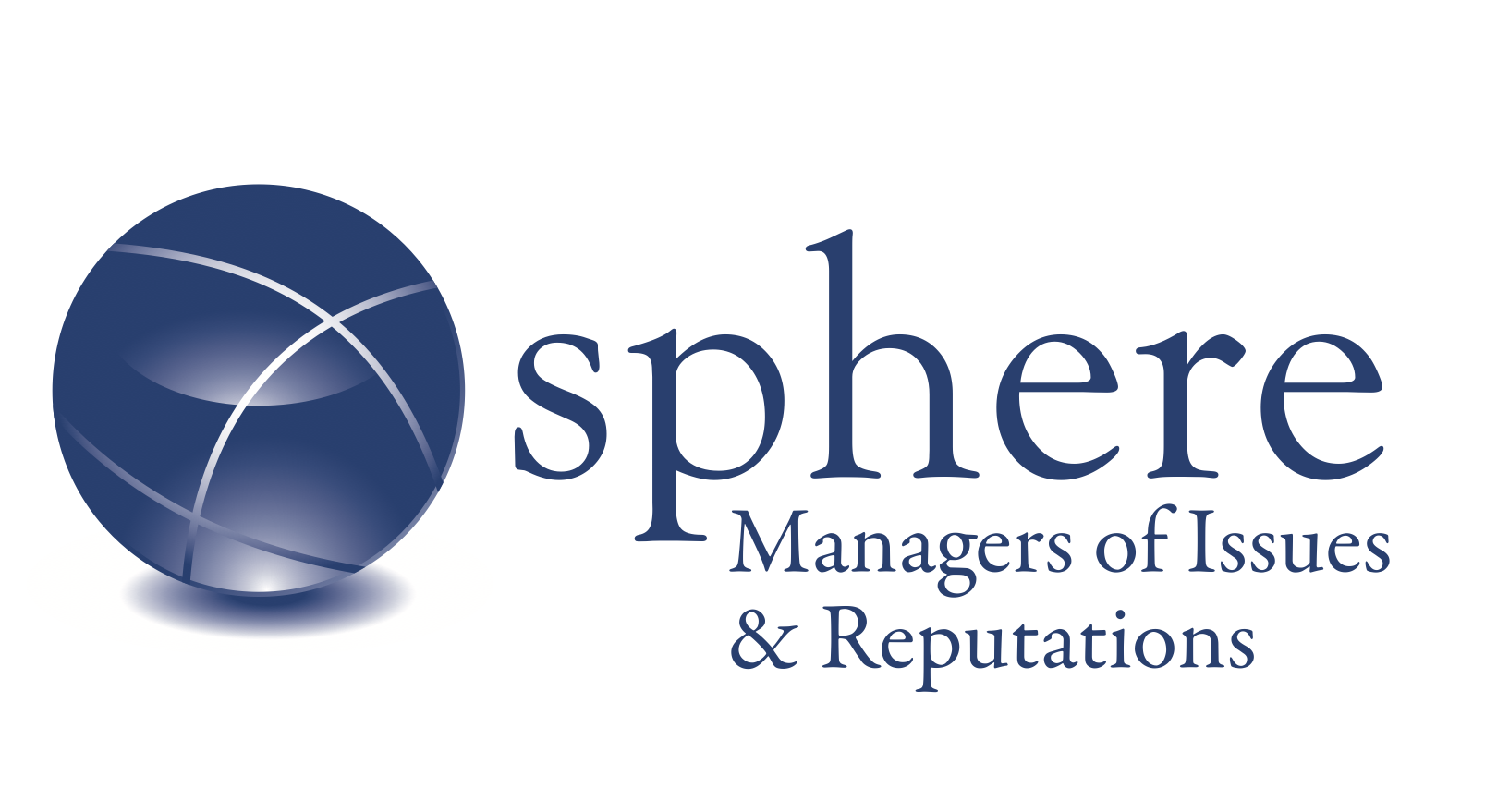05 Dec
2016
Budget deals, AT&T-Time Warner under the microscope, and a 75th Anniversary: Sphere Consulting’s TenCount for December 5, 2016
- Congress has one week to approve a budget to keep the government operating past Friday. Word initially was to expect a continuing resolution that lasts through March, to give the Trump Administration time to set its priorities before the second half of the year was funded. Then Defense Secretary Ash Carter blasted Congress for a plan to extend funding through May, an assertion that had many on Capitol Hill scratching their heads. Uncertain are the prospects for riders on the resolution that could address Flint water, medical research, and JASTA.
- The unemployment rate dropped to 4.6% last month from 4.9% in October, a decline that President-Elect Trump might look upon favorably even though he denigrated the Labor Department’s statistics during the campaign. The decline is probably enough to spur the Federal Open Market Committee to raise interest rates, as is widely expected, next week. On Tuesday a panel at the Hoover Institution will examine “Central Bank Governance & Oversight Reform,” including how to balance the central bank’s independence with needed accountability. On Wednesday, a panel of the House Financial Services Committee holds a hearing on “Unconventional Monetary Policy,” or how the Fed “can facilitate an orderly return to a conventional balance sheet.”
- A day which will live in infamy, 75 years on, is commemorated Wednesday on Pearl Harbor Day. Events get under way on Tuesday with a candlelight vigil and the Reading of the Names at the National World War II Memorial, followed by a commemoration on Wednesday, part of a four-year tribute to the veterans and events of World War II. A wreath-laying event will also be held at the U.S. Navy Memorial on Wednesday, and the Institute of World Politics will host the 21st annual Pearl Harbor Day lecture.
- Donald Trump’s election might have been a rejection of globalism, but that doesn’t mean it will go away anytime soon. On Monday the American Enterprise Institute hosts a discussion on “Global economic challenges for Donald Trump” while on Thursday the Carnegie Endowment for International Peace conducts a conference, webcast from Beirut, titled “An Unraveling Global Order: Prospects for 2017.”
- During the campaign, Donald Trump vowed that his administration “will not approve” a merger of AT&T and Time Warner “because it’s too much concentration of power in the hands of a few.” Last week, however, the Financial Times reported that Trump transition officials had reassured AT&T that the deal would be scrutinized without prejudice. Congress will get its chance Wednesday to question the CEOs and others when a Senate Judiciary Committee panel begins “Examining the Competitive Impact of the AT&T-Time Warner Transaction.”
- Republicans in Congress – and in the House particularly – will speak with a more authoritative voice with Donald Trump in the White House. At the Heritage Foundation on Wednesday, Rep. Michael McCaul, chairman of the House Homeland Security Committee, gives his Annual State of Homeland Security Address, followed by a panel discussion with three more Republican House members.
- One of President-Elect Trump’s first initiatives, he has promised, will be to address the nation’s ailing infrastructure. On Thursday, the Atlantic magazine hosts the Summit on Infrastructure and Transportation, a daylong confab aimed at answering the question of how to fix what’s broken today and prepare for the transportation system of tomorrow.
- Self-driving cars are coming, and there seems to be no stopping them. Two events on Monday mull the implications: The Brookings Institution discusses “transforming transportation with autonomous vehicles and the sharing economy: Are we ready?” And the Property Casualty Insurers Association of America hosts a briefing on “A New Era of Highway Safety.”
- Russia looms large in America’s foreign policy future, and a host of events address the relationship this week. On Monday, the Women’s Foreign Policy Group discusses “U.S.-Russia Relations and the New Cold War” and the Young Professionals in Foreign Policy hosts “America’s Russia Policy Has Failed.” Tuesday the Woodrow Wilson Center examines “25 Years of Independence: Questioning Post-Soviet,” while the Atlantic Council is “Evaluating Western Sanctions on Russia.” And Thursday the Cato Institute mulls “What Went Wrong? Russia 25 Years After the Fall of the Soviet Union.”
- Hot-Stove League: Major League Baseball has decided to eliminate a rule that gave home field advantage in the World Series to the league that wins the All-Star game. Could the designated-hitter rule be the next to go? Those and other questions could be posed Monday to MLB Commissioner Rob Manfred when the George Washington University Business School hosts a discussion on the business and politics of baseball.
